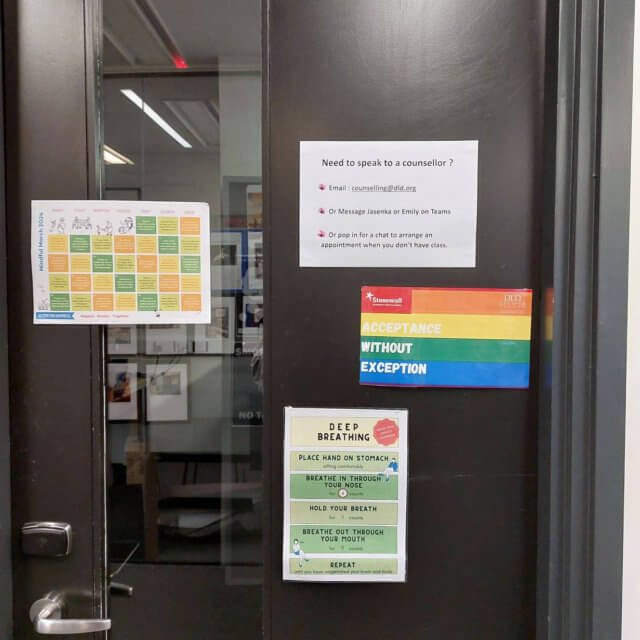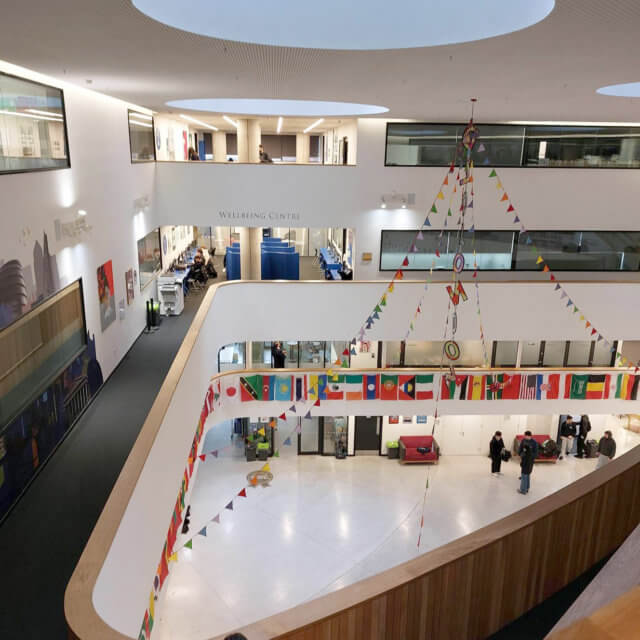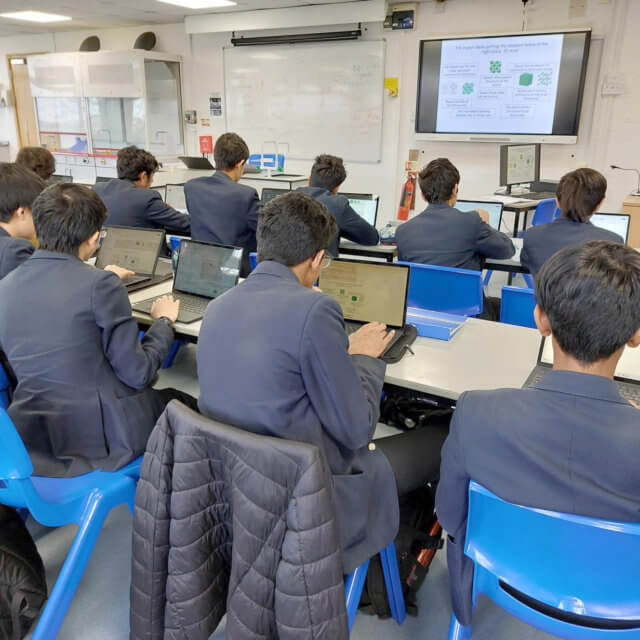Keep calm and keep learning: The EdTech Future Journey 2024
In March, we spent three days in the UK, engaging with the future of EdTech. The focus was not only on upcoming trends but also on evidence-based educational technologies.
The program included visits to universities and schools, as well as expert talks on the interaction between the education system and the EdTech sector in the UK. Around 25 participants from higher education, adult education, consulting, publishing, school furniture manufacturing, and of course, EdTech providers were involved. “This three-day journey into the future of learning was an exploration of school and university concepts. We gained fascinating insights into completely different school models, all characterized by incredible dedication and engagement of the people behind them. Particularly impressive were the ten-year-old students at the boys’ school in Barnet, who designed chairs with artificial intelligence – proof that innovative thinking is a crucial skill in our world,” says Julia Turrell, Head of EdTech Austria, about the trip.
The Basics: The British School System and the EdTech Sector
At the beginning of our journey, we familiarized ourselves with the British school system and the EdTech sector. The British school system differs from the Austrian one and is broadly divided into nursery, primary school, and secondary school. At the age of 16, students can take their first exams (GCSE exams), after which they can either start vocational training or remain in school for another two years to complete their A-levels (comparable to the Matura).
EdTech is one of the fastest-growing sectors in the UK, with over 1,000 companies – almost a quarter of all EdTech companies in Europe are based in the UK. With this large number, the country is a pioneer on our continent. This is also evident in the venture capital invested in educational technologies: the United Kingdom invests twice as much capital as any other European country in EdTech, ranking third globally for VC investments.
Currently, the priorities in the British education sector are to support teachers through technology so they can spend more time with students, to promote digital literacy, and to implement personalized learning. One of the current questions is: How can EdTech be used to create a more inclusive learning environment? The British Department for Education has issued guidelines to meet digital and technological standards in schools and colleges – read them now!
Our key insights from the future journey
The use of generative AI is becoming increasingly important in everyday school life. But how can teachers be trained for this? Some schools establish their own agreements on what should be included in the curriculum and what teachers and students should be able to do. The topic of AI recurs throughout our future journey. All the experts we spoke to agree: AI is a tool that can support teachers and learners. When used correctly, it can make everyday tasks easier, such as lesson preparation or personalized learning. HOWEVER, one must always think critically and question the sources that AI uses. This also includes students and teachers understanding how AI works, how it learns, and how it delivers results – keyword: digital literacy. Many schools already have instructional lessons that convey this.
AI is already being used in the assessment of tests in British schools and universities to enable objective evaluation and reduce administrative burden on teachers. In Austria, data protection regulations would likely pose a challenge to such implementation. Over 60% of examinations in British schools are conducted on the AQA platform. Those interested in learning more can visit the AQA website.
There is already a need to educate students in the skills of the future. But what skills will be needed in ten to fifteen years? This question is precisely what the curriculum of DLD College in London is designed to address. The desired skills are taught in interdisciplinary subjects. This different approach to the curriculum is only possible because it is a private school. Another recurring theme on our future journey is the Future of Jobs Report by the World Economic Forum, which also plays a significant role in shaping the content of DLD College. The success of the concept validates the boarding school’s approach. The Good Schools Guide has recognized the school as “one of the most unique and exciting schools in Britain.” Parents can also suggest subjects and skills to be taught. DLD College is a globally respected private boarding school for students aged 13 to 19. The over 400 students come from 58 nations. Fun Fact: One of them is from Austria.
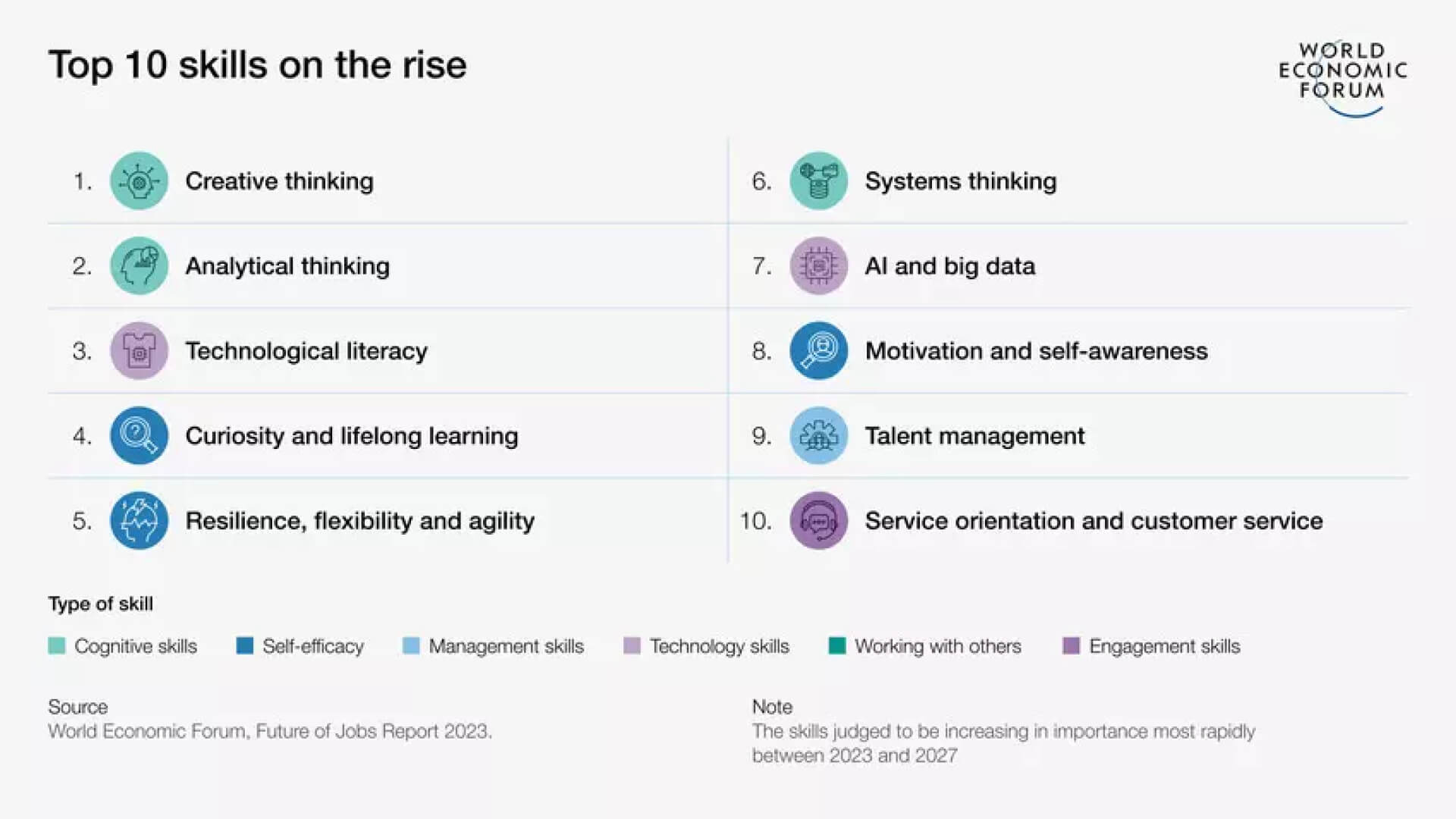
What we also don’t typically see in Austrian schools (at least not yet) is the emphasis on well-being. From empowering diversity statements and guidance on what to do in a mental health emergency to having their own sleep coach and sports facilities: At DLD College, we got the impression that students are taught the skills to develop resilience and take care of their mental and physical health. Whether it’s maintaining healthy sleep hygiene, confiding in someone, or regularly going for a run.
Extracurricular activities strengthen cohesion and impart skills for real life. At Queen Elizabeth’s School in Barnet for boys aged 11 to 18, we were particularly impressed by the Robotics Lab. Here, dedicated students gather multiple times a day outside of regular class hours to tinker with and program their robots. Alongside this, students learn how to collaborate as a team and present their work to others. This also helps them participate in national and international competitions, where they have been consistently successful – so far, they have brought home over 170 trophies.
More articles
The following articles might also interest you.
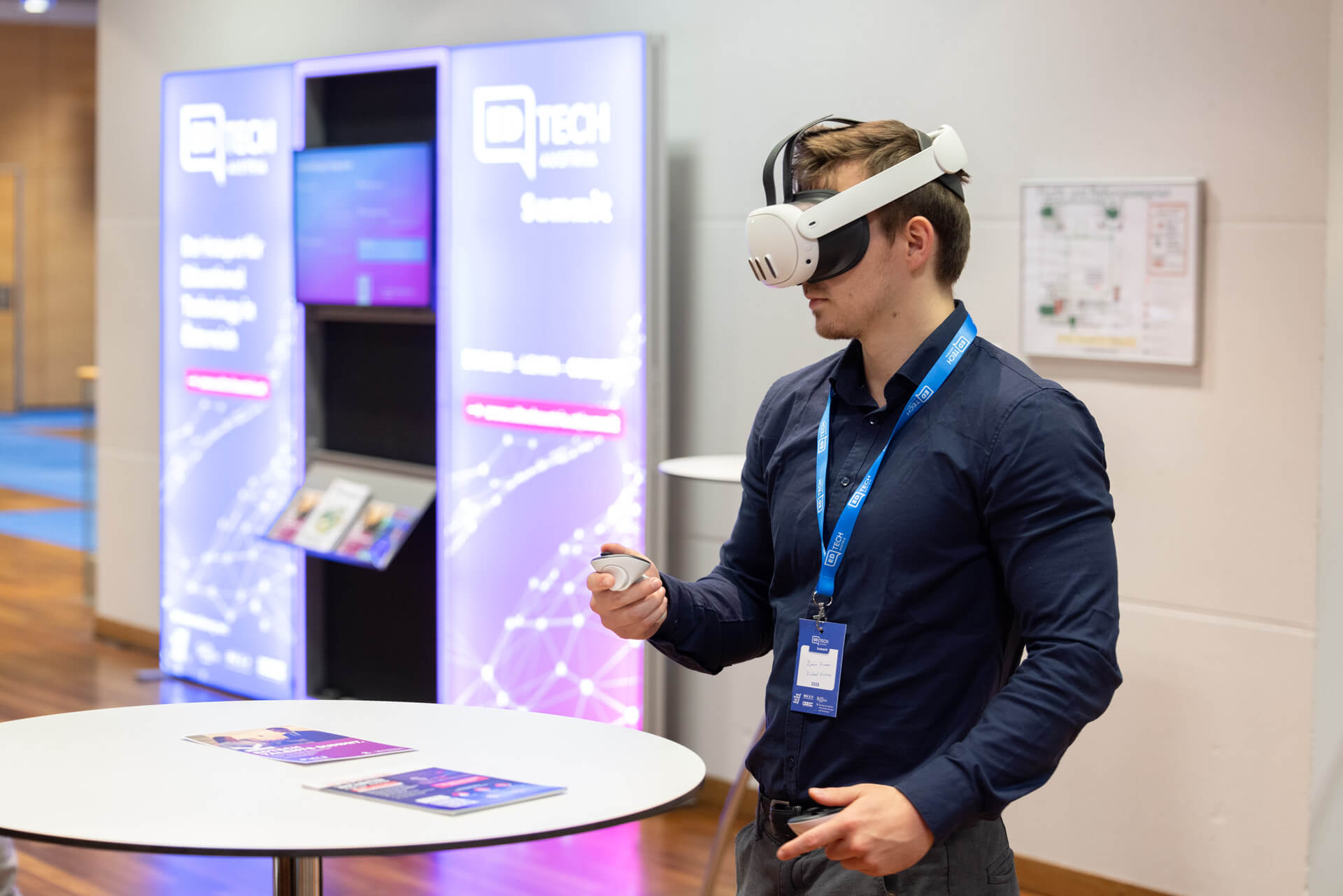
GenAIedTech: From Human to Machine
18. December 2025

Digital Roadshow: Learning Apps Marketplace
18. December 2025
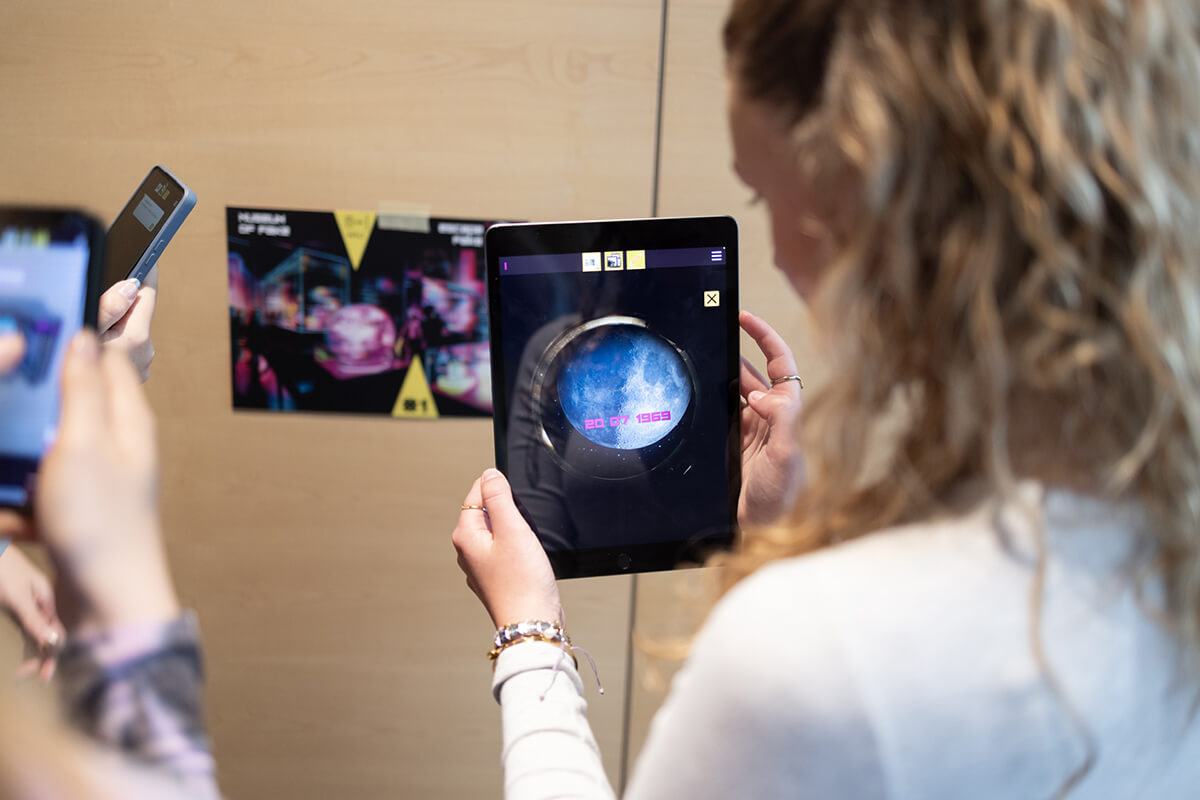
AR, VR and XR: Shaping Learning through Virtual Worlds
30. June 2025
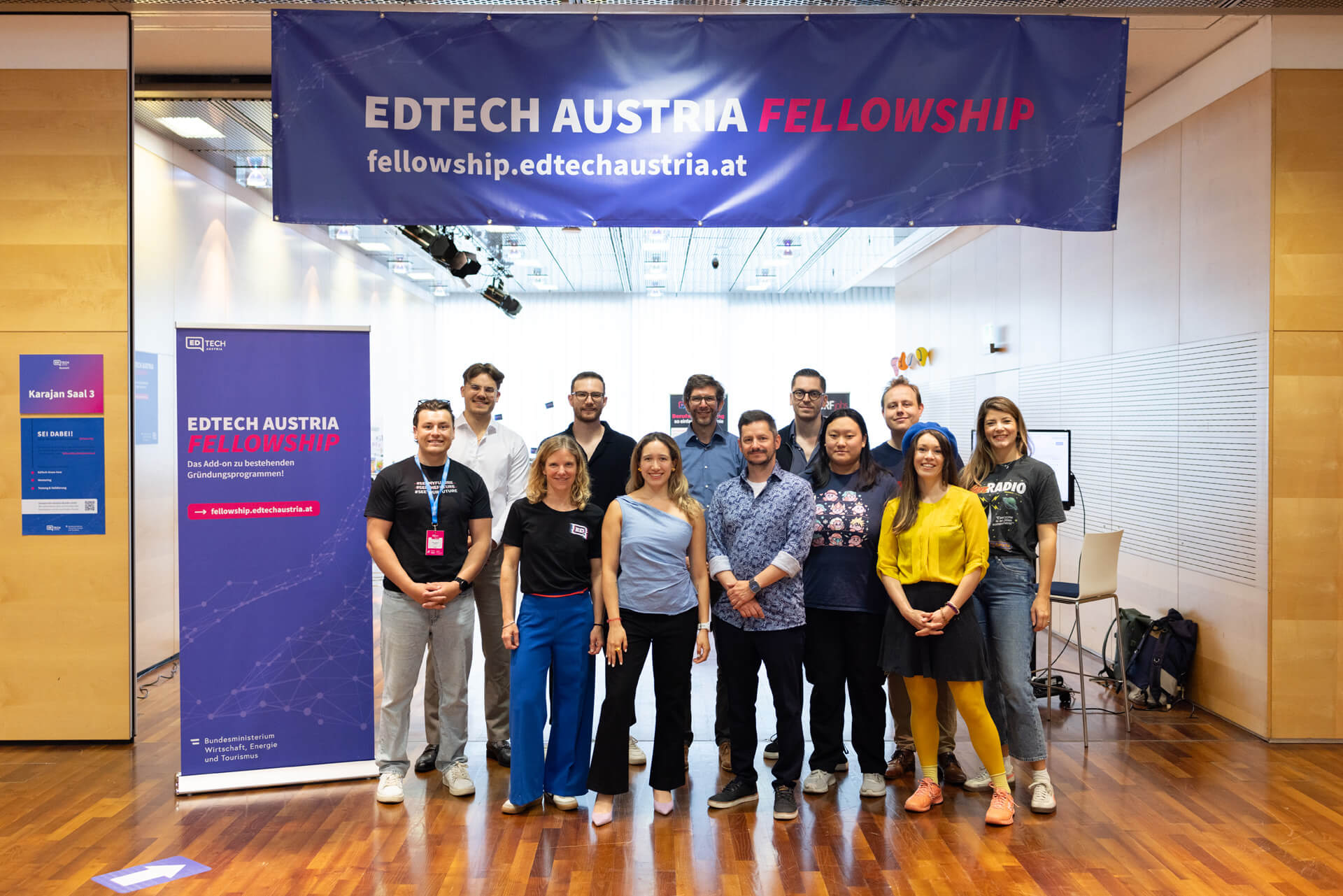
EdTech for all, all for EdTech – shaping the world of education together
18. June 2025
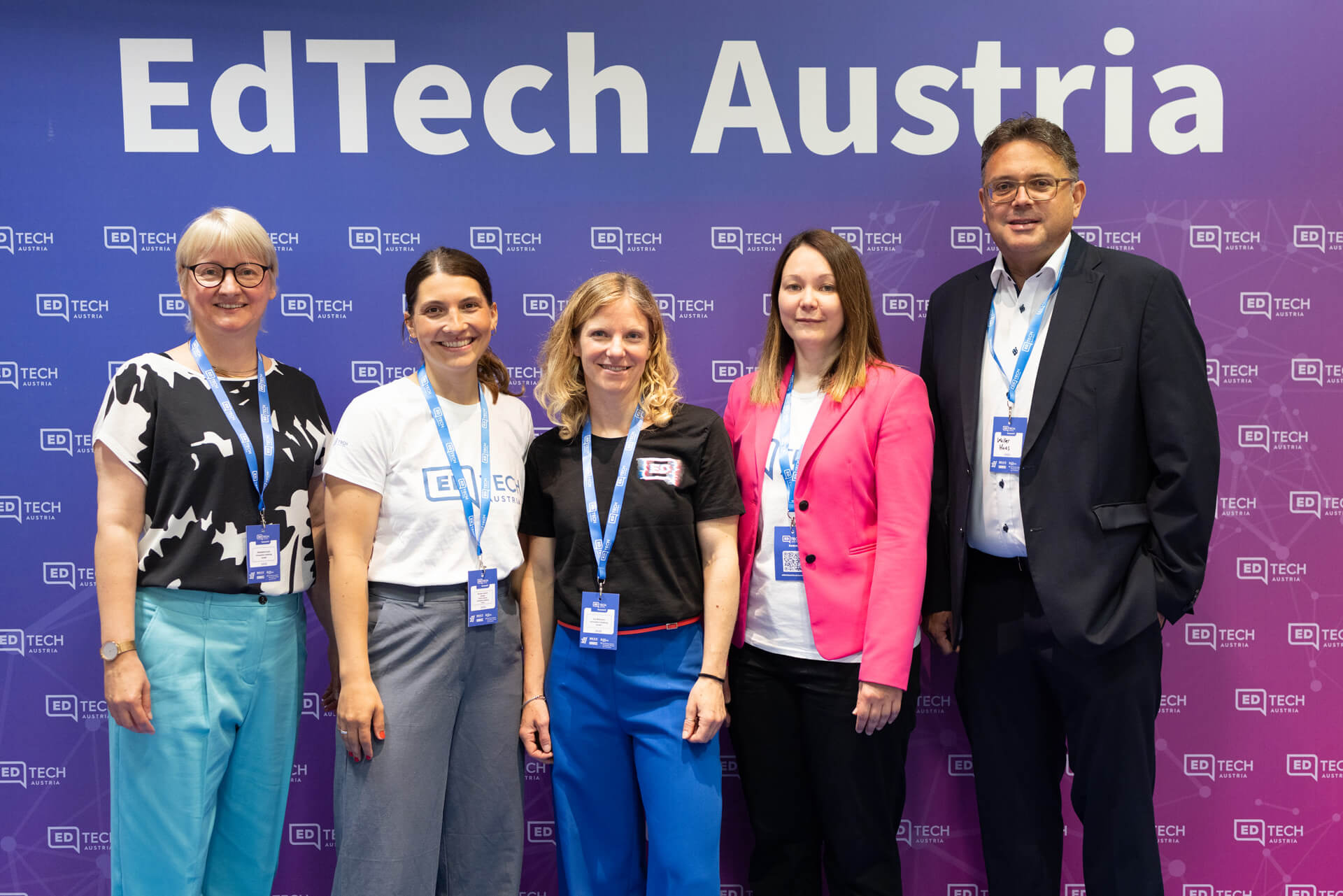
Real-World Practice Meets Innovation: The Fourth EdTech Austria Summit
3. June 2025
